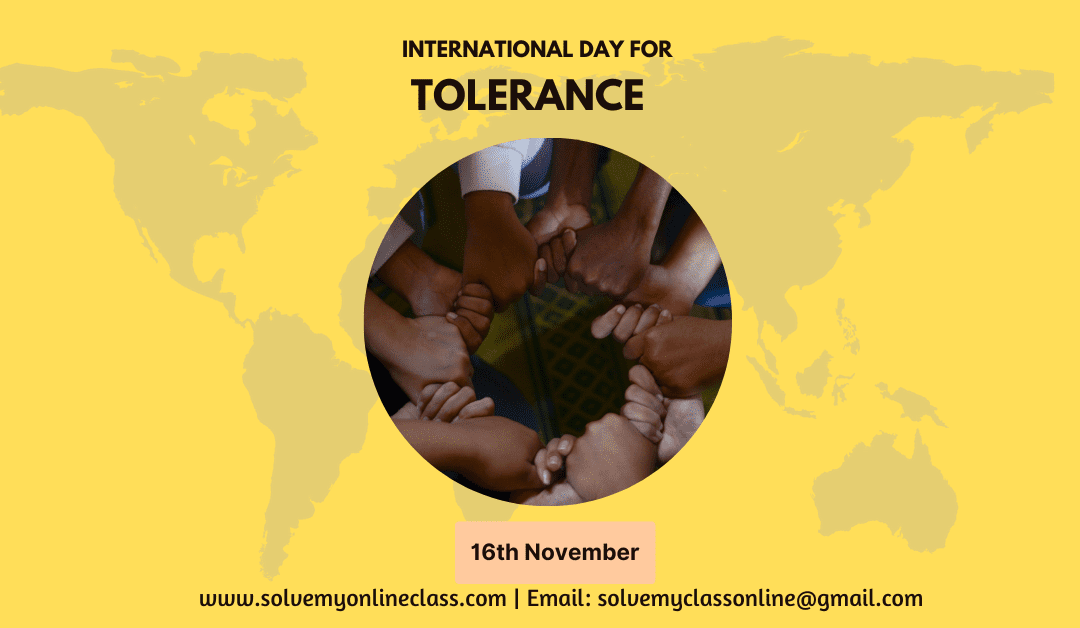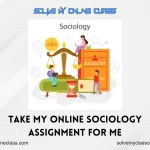Tolerance is a form of expression, a way of being human, and the rich diversity of our world’s cultures is respected, accepted, and appreciated.
On 16 November 1996, the UN General Assembly officially declared International Day for Tolerance. On 16 November 1995, UNESCO’s Member States adopted the Declaration of Principles on Tolerance.
The Declaration states that Tolerance is neither indulgence nor indifference.
Tolerance acknowledges the fundamental freedoms of others and universal human rights. In every region in the world, people are naturally diverse, and only Tolerance ensures the survival of all communities.
To promote Tolerance and violence, the UNESCO – Madanjeet Singh Prize rewards significant scientific, artistic, cultural, and communication activities.
On the 125th birth anniversary of Mahatma Gandhi, the Madanjeet Singh prize was established at the moment of the United Nations Year for Tolerance in 1995.
UNESCO Member states in the year 1995 adopted the Declaration of Principles on Tolerance.
Counter Intolerance
- For enforcing human rights laws, and banning and punishing hate, discrimination, and crimes against minorities government is responsible and is committed by state officials, individuals, and private organizations.
- To settle violent disputes and people should not take justice into their own hands, the states should ensure equal access to courts and human rights commissioners.
- For an individual to counter intolerance, laws are necessary but not sufficient. Discrimination is often linked with an inflated sense of self-worth and pride, even personal, national, or religious.
- Intolerance is often formed in fear and ignorance: fear of the unknown or other cultures, nations, or religions.
- Efforts should be made to teach children about human rights, Tolerance, and other ways of life.
- Children should be encouraged to be curious and open-minded.
- Efforts needed to build Tolerance through education are awareness to all age groups at home, in schools, law enforcement, in legal training, in the workplace, and on the information highways.
- It is more dangerous when intolerance is exploited to fulfill an individual’s or group’s political and territorial ambitions.
- Depreciators identify the public’s tolerance threshold and develop false arguments, manipulating public opinion with misinformation.
- To eliminate the depreciator’s government should make policies that promote freedom of the press and press pluralism, allowing the public to differentiate between facts and opinions.
Timeline for International Day For Tolerance
- In 1915, Mahatma Gandhi returned as a human rights icon from South Africa to India as a human rights icon to fight for their homeland’s freedom through non-violence and Tolerance.
- In 1969, Martin Luther King, Jr. delivered his famous quote, “I Have A Dream,” during the march at Washington for jobs and freedom.
- In 1964, the civil right act was enacted, which banned discrimination based on race, color, religion, national origin, and sex.
- In 1995, the International day of Tolerance was established as a day to acknowledge the passing of the Declaration of Principles on Tolerance.
Celebration of International Tolerance Day
- The day is celebrated to spread intolerance awareness and educate everyone to be more tolerant.
- To learn more about Tolerance and intolerance by celebrating the differences between cultures and starting conversation with someone with a different viewpoint.
- To learn more about Intolerance, the United Nations is a great portal to start reading.
- Reading about different cultures and nationalities is the best way to help break intolerance and increase awareness of discrimination in the world.




